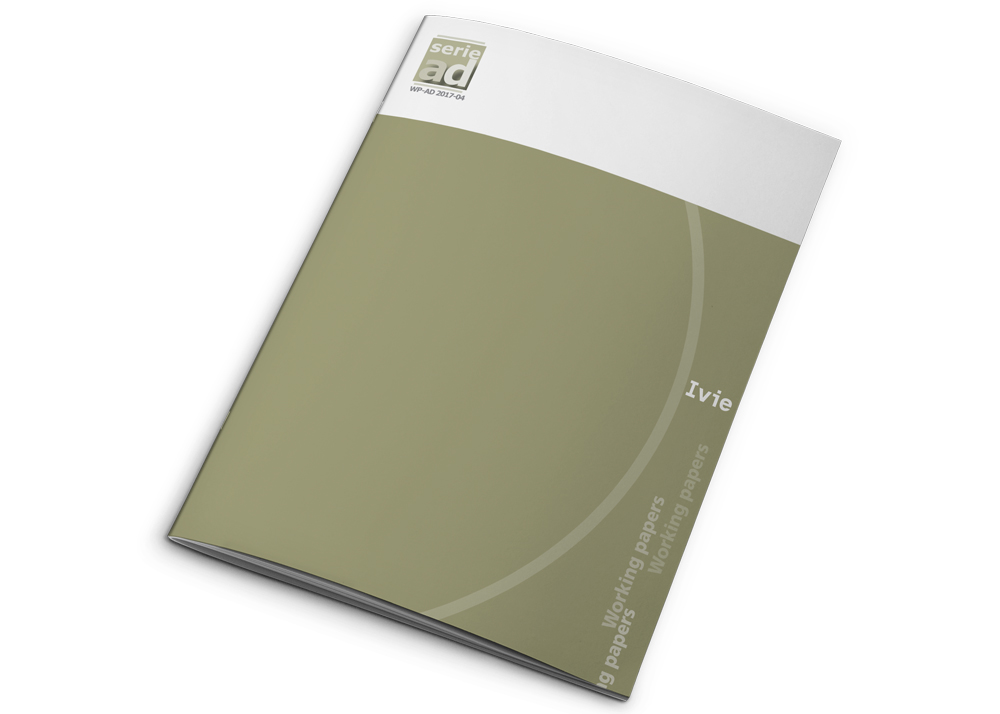Esta web utiliza cookies para que podamos ofrecerte la mejor experiencia de usuario posible. La información de las cookies se almacena en tu navegador y realiza funciones tales como reconocerte cuando vuelves a nuestra web o ayudar a nuestro equipo a comprender qué secciones de la web encuentras más interesantes y útiles.
Publicaciones

WP-AD 2015-07
Partisan Alignment and Political Corruption. Theory and Evidence from Spain
Borrella, M.A.
Año de publicacion: 2015
Palabras clave: corruption, elections, partisan alignment, political career concerns, political economy, Spain
Clasificación JEL: D72, D73, H77, P16
Resumen
This paper studies the effect of partisan alignment between local and regional governments on political corruption. It estimates the effect by using rich panel data on three consecutive municipal and regional elections in Spain and also on corrupt practices carried out by local politicians. More corruption is significantly found in aligned municipalities. Partisan alignment increases corruption by 2.2 percentage points with respect to the 5.7% mean level of non-aligned municipalities. This effect is more pronounced among municipalities with i) more than 10,000 inhabitants, ii) a budget size above the mean level, iii) local and regional elections held on the same day and the regional government ruling the Autonomous Community with absolute majority and iv) the main right-wing party in the country ruling both government layers. The empirical results are consistent with a simple model of electoral accountability in which politicians in office have to decide between pleasing voters and extracting rents for their own benefit conditional on alignment. Specifically, the model highlights that corruption is an increasing function of the benefits of being aligned and the budget size, with a complementary response due to the interaction between both effects.


